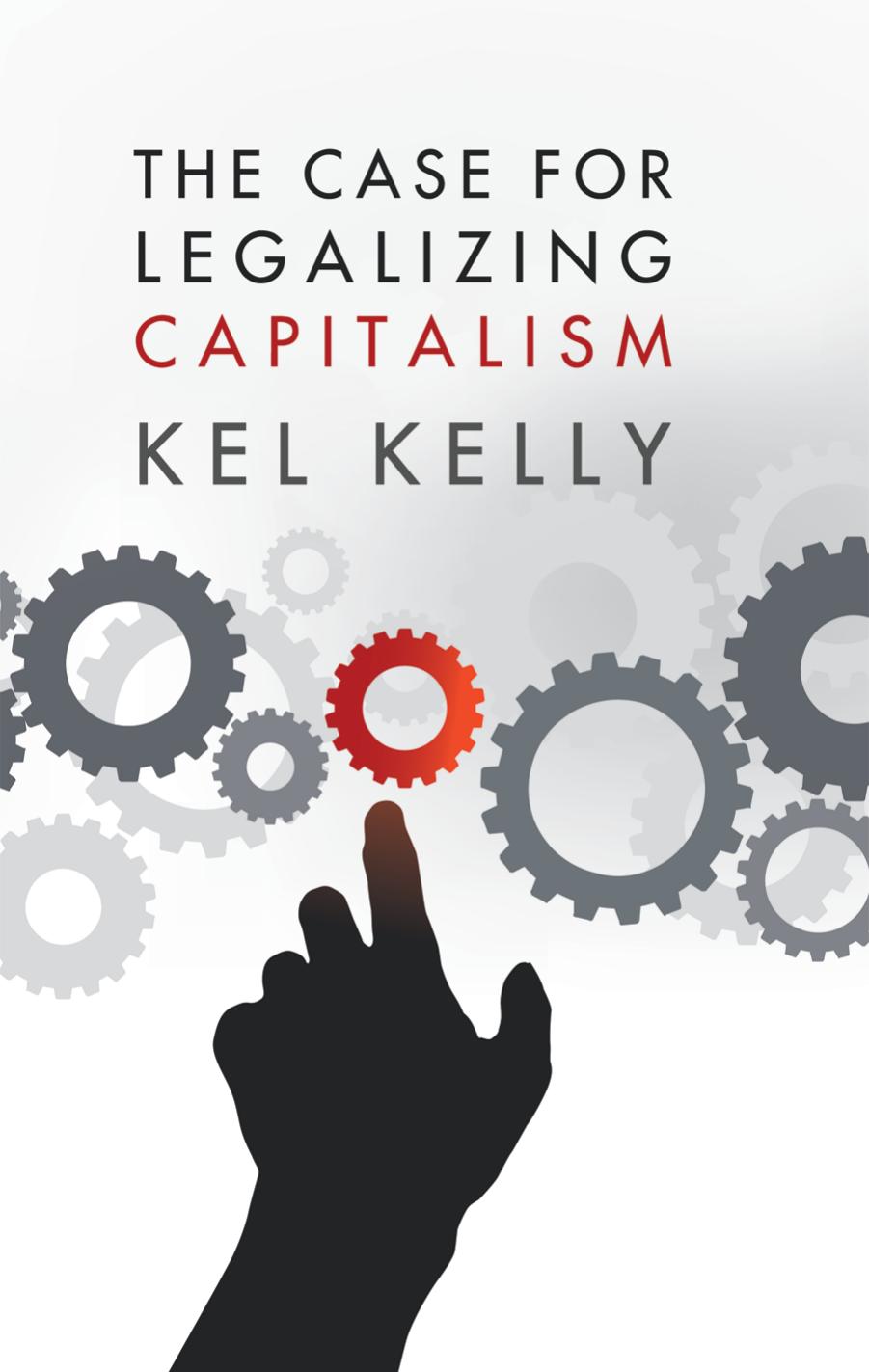The Case for Legalizing Capitalism by Kel Kelly

Author:Kel Kelly [Kelly, Kel]
Language: eng
Format: epub, pdf
Publisher: Ludwig von Mises Institute
Published: 2011-11-06T16:00:00+00:00
Source: Pictures from the Mercati e Foro di Traiano museum, Rome, Italy
Figure 6.2: Rome both in her glory days and after her fall.
At the end of the empire, there was no trade, no construction, no building of anything. There was only subsistence farming. There was also no money left with which to pay the army. Because of declining funding, the empire had been shrinking for 200 years.
Though the Roman state had defended itself from invaders for centuries, its ability to do so was reduced as time passed and the empire lost economic strength. The invaders had not become stronger; the empire had become weaker. Though the fall of the empire is a major event in the history books, it was rather anti-climactic at the time, as the way of life of most Romans had already been reduced to nothingness. In fact, many citizens welcomed the barbarians because they removed the source of oppressive taxation. There was nothing for the barbarians to steal or to control — all wealth and civilization was already destroyed. Figure 6.2 gives an idea of Rome’s development during the existence of capitalism and then after.
Both the Great Depression and the decline of the Roman Empire were results of the state’s intervening in the private marketplace and its seeking of power and control. But for the most part, in both cases, individual citizens had no way of knowing that their problems were caused by the very entity they relied on to solve their problems. Most people don’t understand that if there is a lack of production of goods or a lack of increasing real wages it is because government is preventing progress by taxing, regulating, or otherwise confiscating capital. Most people do not see that if there are some people (or many) unemployed, even though there is always more work to be done than there are people to do it, it can only be that something is preventing workers from being hired. And as is the case currently, citizens don’t see that the economy and the financial system cannot just collapse on their own, but that the collapse is the result of government manipulation of the marketplace.
As should be understood from these historical examples, government’s intervention on behalf of those supposedly underprivileged or exploited workers and consumers results in diminishing, not enhancing, the standard of living of these groups. This will be even clearer in the following section on communism.
Download
The Case for Legalizing Capitalism by Kel Kelly.pdf
This site does not store any files on its server. We only index and link to content provided by other sites. Please contact the content providers to delete copyright contents if any and email us, we'll remove relevant links or contents immediately.
International Integration of the Brazilian Economy by Elias C. Grivoyannis(111057)
The Radium Girls by Kate Moore(12028)
Turbulence by E. J. Noyes(8047)
Nudge - Improving Decisions about Health, Wealth, and Happiness by Thaler Sunstein(7706)
The Black Swan by Nassim Nicholas Taleb(7129)
Rich Dad Poor Dad by Robert T. Kiyosaki(6632)
Pioneering Portfolio Management by David F. Swensen(6300)
Man-made Catastrophes and Risk Information Concealment by Dmitry Chernov & Didier Sornette(6019)
Zero to One by Peter Thiel(5801)
Secrecy World by Jake Bernstein(4752)
Millionaire: The Philanderer, Gambler, and Duelist Who Invented Modern Finance by Janet Gleeson(4478)
The Age of Surveillance Capitalism by Shoshana Zuboff(4292)
Skin in the Game by Nassim Nicholas Taleb(4248)
The Money Culture by Michael Lewis(4207)
Bullshit Jobs by David Graeber(4190)
Skin in the Game: Hidden Asymmetries in Daily Life by Nassim Nicholas Taleb(4004)
The Dhandho Investor by Mohnish Pabrai(3764)
The Wisdom of Finance by Mihir Desai(3746)
Blockchain Basics by Daniel Drescher(3581)
